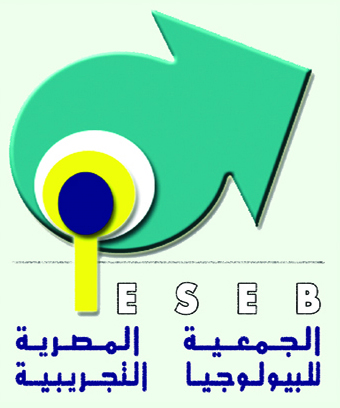
| Original Research | ||||||||||||||||||||||||||||||
Egypt. J. Exp. Biol. (Bot.). 2011; 7(2): 269-277 BIODEGRADATION OF HYDROCARBON COMPOUNDS USING LASER STIMULATED PENICILLIUM CITRINUM Shetaia Y. Mohamed El-Naggar A. Yehia Ahmed N. Abbas Aladly AA Mohamed.
| ||||||||||||||||||||||||||||||
| How to Cite this Article |
| Pubmed Style Shetaia Y. Mohamed El-Naggar A. Yehia Ahmed N. Abbas Aladly AA Mohamed. BIODEGRADATION OF HYDROCARBON COMPOUNDS USING LASER STIMULATED PENICILLIUM CITRINUM . Egypt. J. Exp. Biol. (Bot.). 2011; 7(2): 269-277. Web Style Shetaia Y. Mohamed El-Naggar A. Yehia Ahmed N. Abbas Aladly AA Mohamed. BIODEGRADATION OF HYDROCARBON COMPOUNDS USING LASER STIMULATED PENICILLIUM CITRINUM . https://www.egyseb.net//?mno=186953 [Access: December 05, 2023]. AMA (American Medical Association) Style Shetaia Y. Mohamed
El-Naggar A. Yehia
Ahmed N. Abbas
Aladly AA Mohamed. BIODEGRADATION OF HYDROCARBON COMPOUNDS USING LASER STIMULATED PENICILLIUM CITRINUM . Egypt. J. Exp. Biol. (Bot.). 2011; 7(2): 269-277. Vancouver/ICMJE Style Shetaia Y. Mohamed
El-Naggar A. Yehia
Ahmed N. Abbas
Aladly AA Mohamed. BIODEGRADATION OF HYDROCARBON COMPOUNDS USING LASER STIMULATED PENICILLIUM CITRINUM . Egypt. J. Exp. Biol. (Bot.). (2011), [cited December 05, 2023]; 7(2): 269-277. Harvard Style Shetaia Y. Mohamed
El-Naggar A. Yehia
Ahmed N. Abbas
Aladly AA Mohamed (2011) BIODEGRADATION OF HYDROCARBON COMPOUNDS USING LASER STIMULATED PENICILLIUM CITRINUM . Egypt. J. Exp. Biol. (Bot.), 7 (2), 269-277. Turabian Style Shetaia Y. Mohamed
El-Naggar A. Yehia
Ahmed N. Abbas
Aladly AA Mohamed. 2011. BIODEGRADATION OF HYDROCARBON COMPOUNDS USING LASER STIMULATED PENICILLIUM CITRINUM . THE EGYPTIAN JOURNAL OF EXPERIMENTAL BIOLOGY (Botany), 7 (2), 269-277. Chicago Style Shetaia Y. Mohamed
El-Naggar A. Yehia
Ahmed N. Abbas
Aladly AA Mohamed. "BIODEGRADATION OF HYDROCARBON COMPOUNDS USING LASER STIMULATED PENICILLIUM CITRINUM ." THE EGYPTIAN JOURNAL OF EXPERIMENTAL BIOLOGY (Botany) 7 (2011), 269-277. MLA (The Modern Language Association) Style Shetaia Y. Mohamed
El-Naggar A. Yehia
Ahmed N. Abbas
Aladly AA Mohamed. "BIODEGRADATION OF HYDROCARBON COMPOUNDS USING LASER STIMULATED PENICILLIUM CITRINUM ." THE EGYPTIAN JOURNAL OF EXPERIMENTAL BIOLOGY (Botany) 7.2 (2011), 269-277. Print. APA (American Psychological Association) Style Shetaia Y. Mohamed
El-Naggar A. Yehia
Ahmed N. Abbas
Aladly AA Mohamed (2011) BIODEGRADATION OF HYDROCARBON COMPOUNDS USING LASER STIMULATED PENICILLIUM CITRINUM . THE EGYPTIAN JOURNAL OF EXPERIMENTAL BIOLOGY (Botany), 7 (2), 269-277. |








